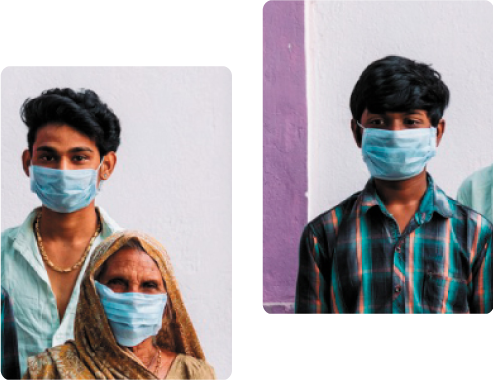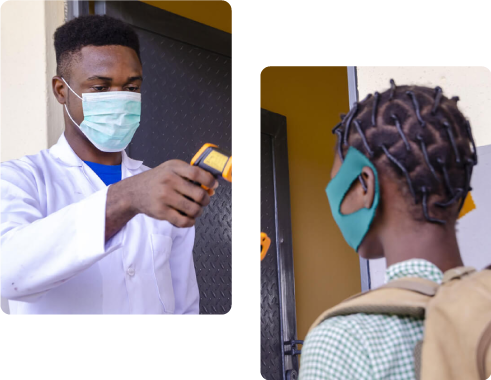The INTREPID Alliance is a consortium of innovative biopharmaceutical companies and associations dedicated to accelerating the pipeline of antiviral treatments to help protect the world ahead of future pandemics. Antivirals are a critical part of our collective defense against new and known viruses, but much more research is needed.
Our goals are to advocate for collaborative efforts to prioritize antivirals within pandemic preparedness and to apply industry expertise in drug development to progress the antiviral pipeline. To do this, we work together with stakeholders in the public, private and non-for-profit sectors, to help accelerate the collective understanding of antiviral R&D, identifying promising clinical and preclinical compounds, and to catalyze efforts to fill the current pipeline gaps.


